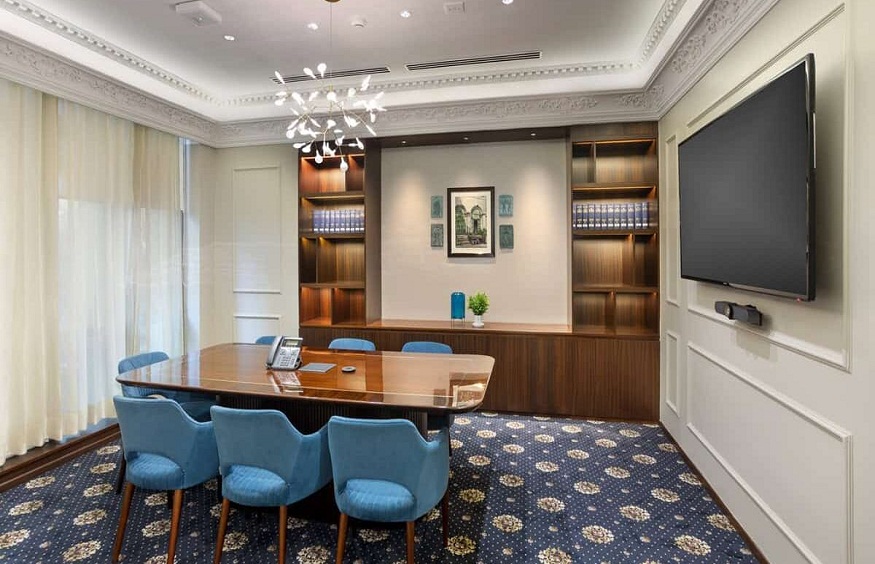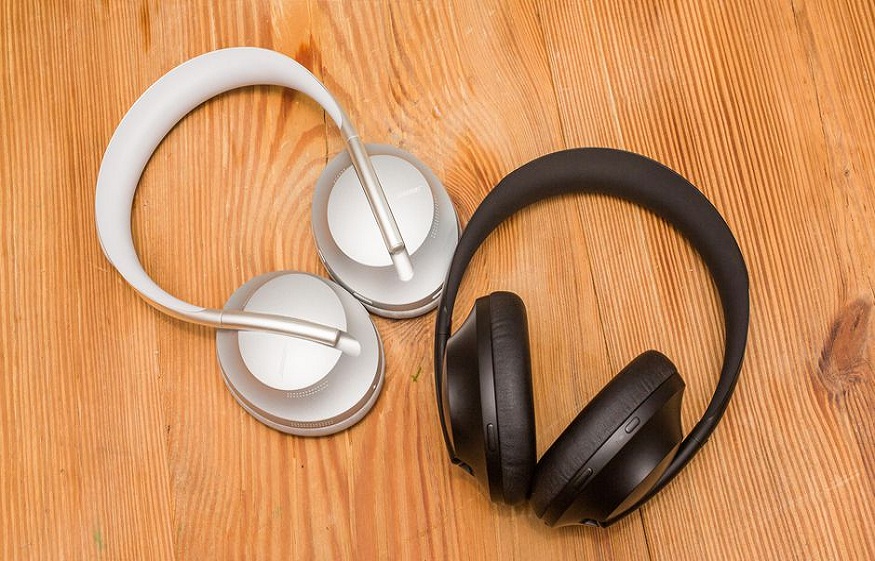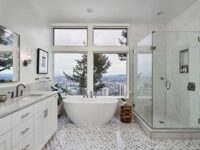Legal Excellence Begins at Home: How to Discover the Perfect Designer for Your Advocate Office Interior

The legal profession requires an atmosphere that radiates authority, reliability, and intelligence. An advocate’s office is more than simply a place to work; it’s a haven where clients go for support during their most trying times, where justice is sought, and where important legal strategies are created. The environment in these spaces has a big impact on professional reputation, case results, and client confidence. Many lawyers make the mistake of thinking that their firm can function well with a straightforward, conservative arrangement, ignoring the significant influence that well-considered advocate office interior design may have on their performance. The ideal workplace atmosphere inspires confidence in anxious clients, fosters clear thinking and strategic planning, and conveys expertise before you even speak.
1. Examine Track Record with Professional Service Environments
Look for designers who have experience advocate office interior design ideas environments for professionals who deliver services, especially those who assist clients in emotionally taxing or difficult circumstances. Similar to medical practices, financial advising businesses, and counseling centers, legal offices need to create spaces that reassure customers who are nervous while also inspiring confidence. Seek out portfolios that highlight conference spaces that demand respect during crucial negotiations, consulting rooms that support delicate conversations and reception halls that soothe anxious guests. These designers are aware of how furniture selections, colour schemes, and lighting may either increase or decrease a client’s anxiety levels.
2. Verify Understanding of Legal Practice Operations and Workflow
The most successful advocate office designers have a thorough awareness of the day-to-day operations of legal practices, from case research and court preparation to client consultations and document processing. They understand that working in the legal field entails managing substantial amounts of confidential data, necessitating specific file systems, storage options, and workstation arrangements that facilitate effective case management. These experts are aware of the necessity for quiet areas where sensitive client information may be exchanged without worrying about being overheard by other customers or employees. They are skilled in creating study rooms that can hold sizable law libraries, computer workstations for legal databases, and cooperative places where legal teams may plan out intricate cases.
3. Assess Expertise in Conveying Authority and Professional Credibility
Prominent designers are aware of the ways in which the environment shapes professional authority and fosters client trust in legal knowledge. They are aware of which design decisions convey accomplishment, expertise, and competence to prospective customers without coming off as flashy or frightening. These experts create reception rooms that instantly establish credibility while being inclusive of customers from a variety of backgrounds because they understand the psychology of first impressions in legal contexts. In ways that are genuine rather than forced or overpowering, they deftly integrate classic components of legal practice, such as law texts, certifications, and expert artwork.
4. Research Specialization in Confidentiality and Privacy Design
Finding designers that specialize in developing really secret spaces for delicate professional interactions is crucial since privacy is a vital demand in the legal profession. Seek for experts who are knowledgeable about soundproofing methods, acoustic design concepts, and spatial arrangements that shield private discussions from being overheard in nearby locations. They are supposed to demonstrate the skill in creating reception areas that shield the privacy of clients at check-in areas, building consultation rooms with proper sound attenuation, and designing office design that prevents the access of confidential information by unauthenticated individuals. To carry out their professional obligations, these designers know that there are moral and legal obligations to client privacy, physical barriers, and visual privacy preservation.
5. Evaluate Ability to Balance Tradition with Modern Functionality
While the legal profession demands modern technology and operational efficiency, it still maintains strong ties to tradition and established procedures. Look for designers that can expertly combine contemporary functionality that promotes effective legal practice with traditional components that preserve professional credibility. They should be able to combine modern technological solutions for research, communication, and case administration with traditional design features like wood panelling, leather furniture, and vintage artwork. While making sure that contemporary conveniences encourage efficient work practices and superior customer service, these experts know how to design classic spaces that won’t seem out of style as trends shift. Both conventional legal procedures and changing consumer demands for contemporary professional services need to be taken into account in their designs.
Conclusion
Choosing the ideal Office Interior Design Projects designer like Officebanao is a calculated investment in your clientele and professional standing. The perfect designer combines functional knowledge, artistic skill, and an awareness of the particular demands of the legal profession.
Their Whatsapp number is 8929399141. You can also send an email to inquiry@officebanao.com with your questions.








